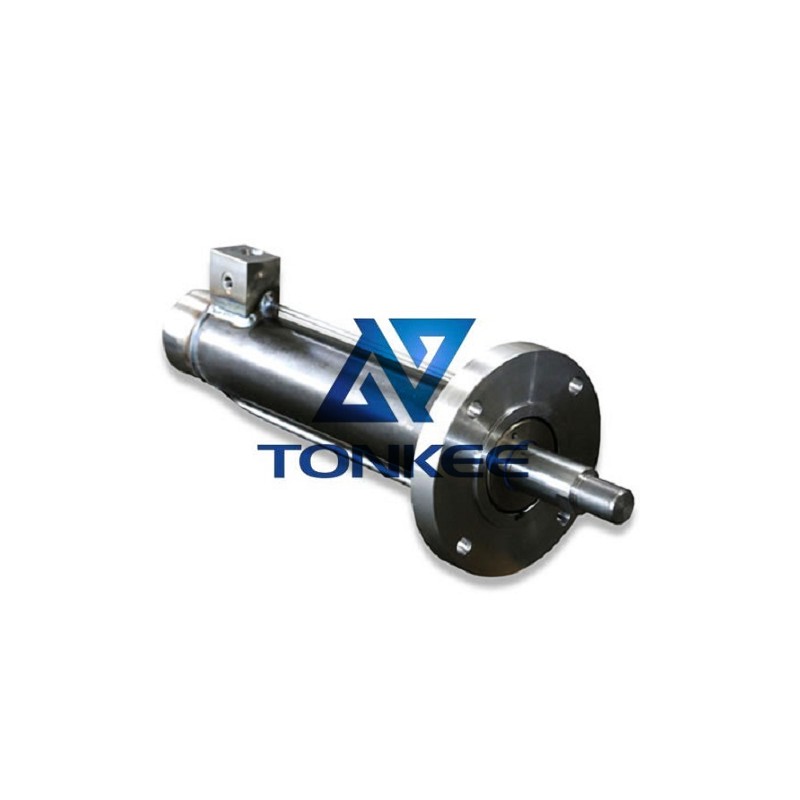
Size and Capacity: The size and capacity of hydraulic cylinders are tailored to the specific application and requirements of waste collection machines.
These cylinders come in various sizes, typically ranging from a few inches to several feet in length. The capacity, or lifting force, of the cylinder is determined based on the type and size of the waste containers or equipment it needs to lift and empty.
Materials and Durability: Hydraulic cylinders for waste collection machines are constructed from high-strength materials, such as hardened steel, to withstand the rigorous demands of the waste industry. These materials are chosen for their durability and resistance to corrosion, ensuring a long service life even in harsh environments.
Pressure Rating: The pressure rating of hydraulic cylinders is a crucial specification. It indicates the maximum hydraulic pressure the cylinder can handle safely. The pressure rating must match the hydraulic system's operating pressure to prevent failures and ensure safety during operation.
Stroke Length: The stroke length of a hydraulic cylinder refers to the distance the piston can travel within the cylinder. In waste collection machines, the stroke length is designed to meet the specific requirements of the equipment, such as lifting waste containers to empty them into the truck's hopper.
Mounting Options: Hydraulic cylinders can be customized with various mounting options to suit the waste collection machine's design and integration.
Common mounting configurations include trunnion, clevis, and flange mounts, among others.
Sealing System: Proper sealing is crucial to prevent hydraulic fluid leaks and maintain the cylinder's performance. Hydraulic cylinders for waste collection machines are equipped with high-quality seals and gaskets designed to withstand the demanding conditions of waste collection, including exposure to waste materials and harsh weather.
Maintenance Features: Many hydraulic cylinders are designed with features that simplify maintenance and reduce downtime. This can include easy access to seals and components, as well as provisions for lubrication.
Temperature Tolerance: Waste collection machines operate in various weather conditions, from extreme cold to scorching heat. Hydraulic cylinders are designed to function reliably across a wide temperature range, with seals and materials that can withstand temperature fluctuations.



 English
English Türkçe
Türkçe


